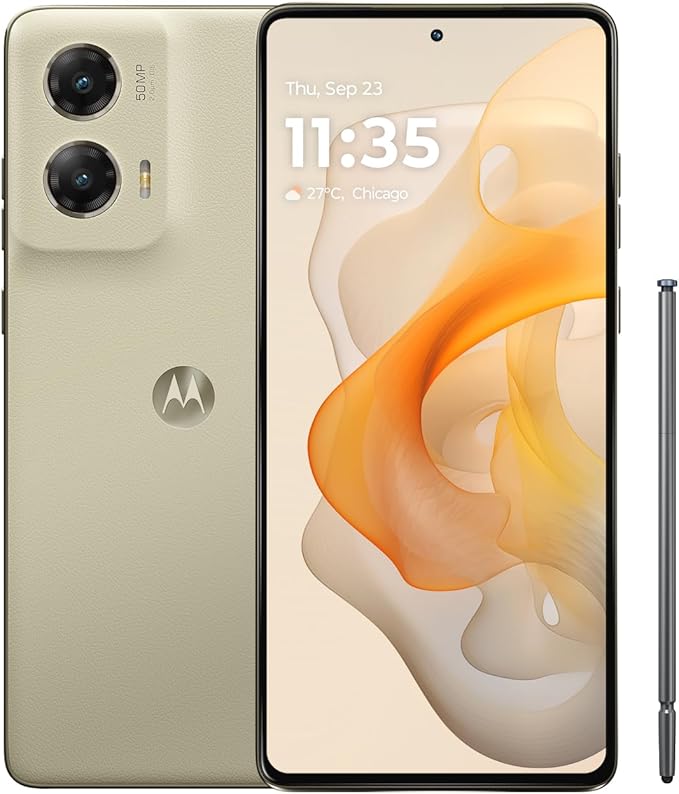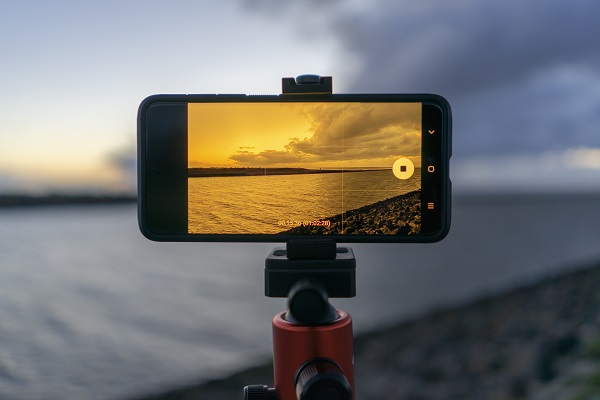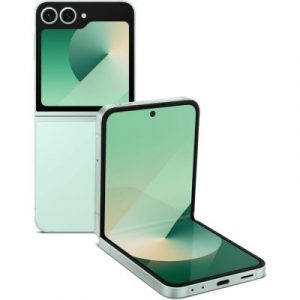
Unleash your creativity with the Moto G Stylus 5G (2024)! Click to explore!
In the world of mobile technology, two dominant ecosystems have captured the hearts and wallets of consumers: Android and iPhone (powered by iOS). Choosing between them can be challenging, as both platforms offer unique features, strengths, and weaknesses. This article dives deep into the advantages and disadvantages of Android and iPhone, helping you make an informed decision.
Ecosystem Overview
Android
Android, developed by Google, is an open-source operating system. It powers devices from a wide range of manufacturers, such as Samsung, Google Pixel, OnePlus, and Xiaomi. Its flexibility and customization options have made it a popular choice worldwide.
iPhone (iOS)
iPhone is Apple’s flagship product and runs on iOS, a closed-source operating system. Apple controls both the hardware and software, ensuring a tightly integrated and consistent user experience.
Key Factors to Consider
1. Customization and Flexibility
- Android: Known for its unparalleled customization, Android allows users to change the home screen layout, widgets, themes, and even install custom ROMs. Users can also sideload apps from outside the Google Play Store.Advantage: Greater control over device personalization.
- iPhone: iOS has a more uniform design philosophy. While Apple has introduced features like widgets in recent updates, customization options are still limited compared to Android.Advantage: Consistency and simplicity.
2. Hardware Variety
- Android: The diversity of Android devices means there’s something for every budget. From entry-level models to ultra-premium phones, Android caters to a broader audience.Advantage: More options, including budget-friendly devices.
- iPhone: Apple offers fewer models, all of which are premium. While older iPhones may be available at lower prices, the initial cost of entry is higher.Advantage: Premium build quality across all models.
3. Software Updates
- Android: Software updates depend on the manufacturer. While Google Pixel devices get instant updates, others may face delays or limited support after a few years.Disadvantage: Fragmentation and inconsistent update policies.
- iPhone: Apple provides consistent and long-term updates for its devices. Even older iPhones receive updates for years, ensuring longevity.Advantage: Better long-term support.
4. App Ecosystem
- Android: The Google Play Store has a larger number of apps, and its open nature allows for innovative and niche applications. However, the open policy may lead to security risks from unverified apps.Advantage: Wider app availability.
- iPhone: Apple’s App Store is known for its stringent quality control, which ensures a safer and more consistent app experience.Advantage: Enhanced security and optimized apps.
5. Privacy and Security
- Android: Google collects significant user data to improve services and serve personalized ads. While privacy controls have improved, Android is still more open to vulnerabilities.Disadvantage: Greater potential for data misuse.
- iPhone: Apple prioritizes privacy and has introduced features like App Tracking Transparency. It minimizes data collection and emphasizes user consent.Advantage: Stronger privacy measures.
6. Ecosystem Integration
- Android: Works well with Google’s services, including Gmail, Google Drive, and Google Photos. Integration with third-party devices, such as smart TVs and wearables, is also robust.Advantage: Versatile and cross-platform friendly.
- iPhone: Apple’s ecosystem is seamless, especially with products like the MacBook, iPad, and Apple Watch. Features like AirDrop and Handoff enhance connectivity.Advantage: Superior integration within the Apple ecosystem.
7. Price
- Android: The affordability of Android devices makes them accessible to a wide audience. High-end models, like the Samsung Galaxy Ultra, rival the iPhone in price, but budget models dominate the market.Advantage: Greater affordability.
- iPhone: Known for its premium pricing, Apple targets consumers willing to invest in high-quality products. While expensive, the resale value of iPhones remains high.Disadvantage: Higher upfront cost.
8. Build Quality and Design
- Android: Varies significantly depending on the manufacturer. Premium models feature cutting-edge designs and materials, while budget options may compromise on quality.Advantage: Cutting-edge designs in high-end models.
- iPhone: Apple’s meticulous attention to design ensures a premium feel across all models, with materials like ceramic and stainless steel.Advantage: Consistently excellent build quality.
9. Battery Life and Charging
- Android: Many Android devices offer larger batteries, faster charging, and even reverse wireless charging. However, battery performance varies across brands.Advantage: Innovative charging features.
- iPhone: Apple has improved battery life significantly, but charging speeds lag behind some Android competitors. MagSafe accessories offer convenience but at an additional cost.Disadvantage: Slower charging speeds.
10. User Experience (UX)
- Android: Provides more control but may feel overwhelming to non-tech-savvy users. The user experience varies depending on the manufacturer’s custom skin (e.g., Samsung One UI, Xiaomi MIUI).Disadvantage: Inconsistency across devices.
- iPhone: Offers a uniform and polished user experience. iOS is intuitive and easy to navigate, especially for first-time smartphone users.Advantage: Simplicity and ease of use.
Conclusion
When choosing between Android and iPhone, the decision ultimately boils down to your personal preferences and priorities:
- Choose Android if you value customization, affordability, and hardware variety. Android is ideal for tech enthusiasts who love tinkering with their devices.
- Choose iPhone if you prioritize security, seamless ecosystem integration, and long-term software support. Apple’s ecosystem is perfect for users seeking simplicity and premium quality.
Both platforms have evolved to cater to diverse user needs, making either a great choice depending on your requirements. Consider your budget, technical expertise, and ecosystem preferences to find the perfect smartphone for your lifestyle.


